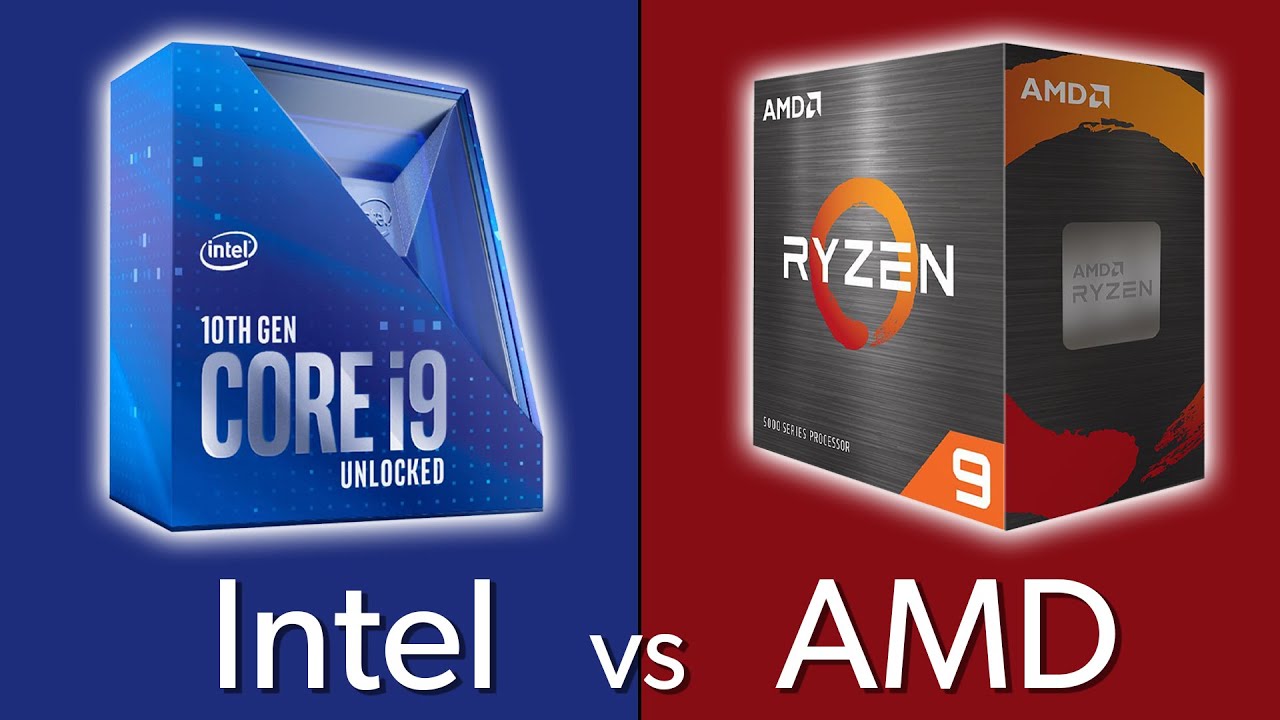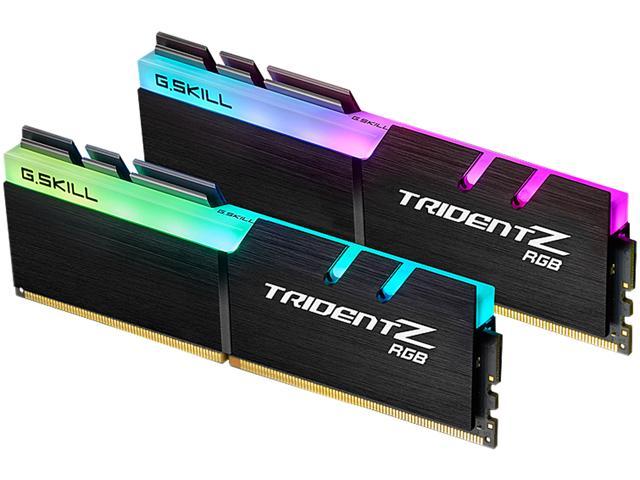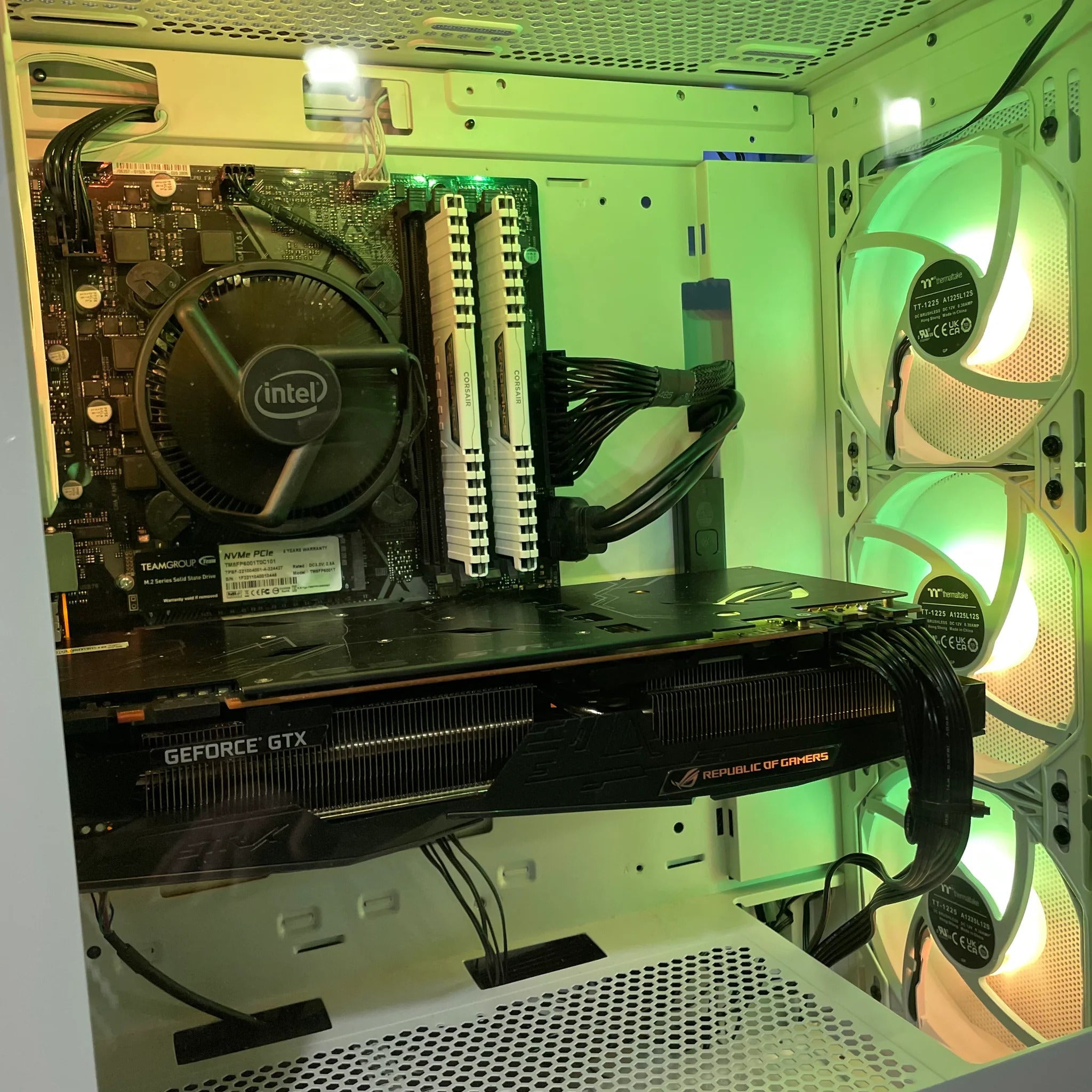When it comes to selecting a CPU, two major players dominate the market: Intel and AMD. Both brands offer excellent choices for different use cases and preferences. In this article, we will explore the differences between Intel and AMD CPUs, and help you decide which one might be the best fit for your needs.
Before diving into the details, it's important to understand that both Intel and AMD have been competing in the CPU market for decades, and both have a loyal following. Each brand has its own strengths and weaknesses, and ultimately, your choice will depend on what you value the most.
Performance
In terms of raw performance, Intel has traditionally held the edge, especially in single-core performance, which is important for gaming and certain applications. However, AMD's recent Ryzen processors have closed the gap considerably, and in some cases, outperformed Intel's offerings. AMD's Ryzen CPUs offer excellent multi-core performance, which is important for applications like 3D design, photo and video editing, and streaming.
Upgradability
When it comes to upgradability, AMD offers a clear advantage. The current AM4 socket, which supports Ryzen CPUs, has been around since 2016 and is expected to be supported until at least 2025 with the release of the Ryzen 7000 series. This means that you can upgrade your CPU without having to buy a new motherboard for several years. In contrast, Intel's 14th generation CPUs will require a new motherboard whenever they release, which could be a significant expense for some users.
Price
AMD has traditionally been the more affordable option, with their CPUs offering excellent value for money. Intel's CPUs are generally more expensive, but they have been known to offer better single-core performance in certain scenarios. However, the price difference is not always significant, and the performance gap is closing with AMD's recent releases.
Use Cases
When it comes to specific use cases, both Intel and AMD CPUs have their strengths. Let's take a look at some popular scenarios:
3D Design: AMD's Ryzen CPUs offer excellent multi-core performance, which is important for 3D rendering and other compute-intensive tasks. Intel's CPUs also perform well in this area, but AMD's Ryzen CPUs are generally the better choice.
Photo & Video Editing: Again, AMD's Ryzen CPUs excel in multi-core performance, which is important for photo and video editing. Intel's CPUs are still very capable in this area, especially in single-core performance, but AMD's Ryzen CPUs are generally considered to be the better choice.
Gaming: This is where Intel has traditionally held the edge, especially in single-core performance. However, with the recent releases of AMD's Ryzen CPUs, the gap has closed considerably. In some cases, AMD's CPUs outperform Intel's in gaming scenarios, especially in games that can take advantage of multi-core performance.
Blender: Blender is a popular 3D modeling and animation software that benefits greatly from multi-core performance. AMD's Ryzen CPUs are generally the better choice for Blender, as they offer excellent multi-core performance at an affordable price point.
Streaming Twitch, Facebook, YouTube, etc.: Streaming is a scenario where multi-core performance is crucial. AMD's Ryzen CPUs are the better choice for streaming, as they offer excellent multi-core performance and are more affordable than Intel's CPUs.
Ultimately, the choice between Intel and AMD comes down to your specific needs and preferences. If you value upgradability and multi-core performance, AMD is generally the better choice. If you value single-core performance and are willing to pay a premium, Intel is still a solid option. Both brands offer excellent choices for different use cases, and it's worth doing your research and comparing benchmarks to find the best fit for your needs.




Leave a comment
All comments are moderated before being published.
This site is protected by hCaptcha and the hCaptcha Privacy Policy and Terms of Service apply.